Die Blechtrommel 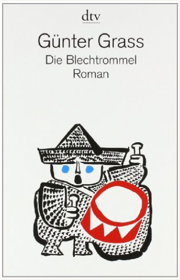 The Box: Tales from the Darkroom 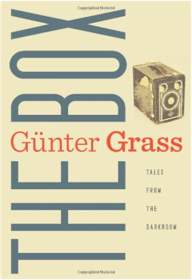 In an audacious literary experiment, Günter Grass writes in the voices of his eight children as they record memories of their childhoods, of growing up, of their father, who was always at work on a new book, always at the margins of their lives. Memories contradictory, critical, loving, accusatory—they piece together an intimate picture of this most public of men. To say nothing of Marie, Grass’s assistant, a family friend of many years, perhaps even a lover, whose snapshots taken with an old-fashioned Agfa box camera provide the author with ideas for his work. But her images offer much more. They reveal a truth beyond the ordinary detail of life, depict the future, tell what might have been, grant the wishes in visual form of those photographed. The children speculate on the nature of this magic: was the enchanted camera a source of inspiration for their father? Did it represent the power of art itself? Was it the eye of God? Recalling J. M. Coetzee’s Summertime and Umberto Eco’s The Mysterious Flame of Queen Loana, The Box is an inspired and daring work of fiction. In its candor, wit, and earthiness, it is Grass at his best. Cat and Mouse 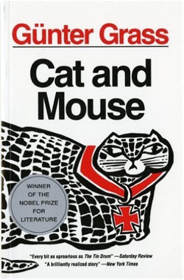 Crabwalk 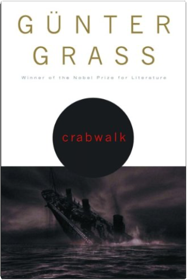 Born to an unwed mother on a lifeboat the night of the attack, Paul Pokriefke is a middle-aged journalist trying to piece together the tragic events. While his mother sees her whole existence in terms of that calamitous moment, Paul wishes their life could have been less touched by the past. For his teenage son, who dabbles in the dark, far-right corners of the Internet, the Gustloff embodies the denial of Germany's wartime suffering. "Scuttling backward to move forward," Crabwalk is at once a captivating tale of a tragedy at sea and a fearless examination of the ways different generations of Germans now view their past. Winner of the Nobel Prize Dog Years 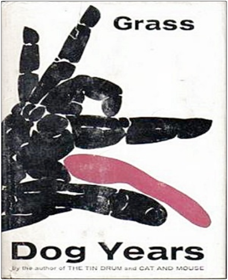 The Flounder 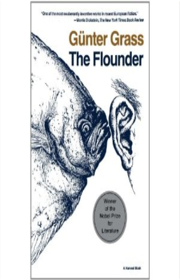 From Germany to Germany: Diary 1990 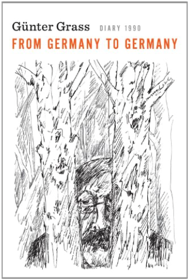 In January 1990, just months after the fall of the Berlin Wall, Günter Grass made two New Year’s resolutions: the first was to travel extensively in the newly united Germany and the second was to keep a diary, to record his impressions of a historic time. Grass takes part in public debates, writes for newspapers, makes speeches, and meets emerging politicians. He talks to German citizens on both sides, listening to their bewilderment and their hopes for the future. Ideas for stories take root—his novels The Call of the Toad and Too Far Afield. From Germany to Germany is also a personal record. Grass reflects on his family, remembers his boyhood, and comments on the books he is reading, the drawings he is making, and the sumptuous meals he cooks for family and friends. The picture that emerges—not only of the two Germanys struggling for a single identity but of a changed world after the end of the Cold War—is engrossing, passionate, and essential for anyone who wants to understand Europe’s new leading nation. My Century 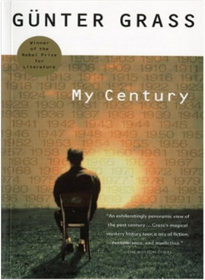 Peeling the Onion 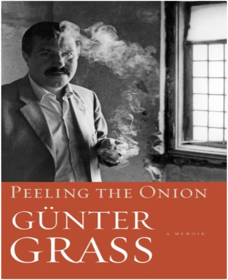 The Rat 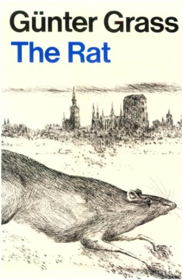 The Tin Drum 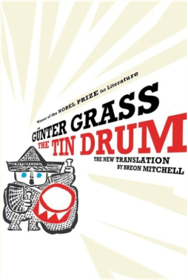 After fifty years, THE TIN DRUM has, if anything, gained in power and relevance. All of Grass’s amazing evocations are still there, and still amazing: Oskar Matzerath, the indomitable drummer; his grandmother, Anna Koljaiczek; his mother, Agnes; Alfred Matzerath and Jan Bronski, his presumptive fathers; Oskar’s midget friends—Bebra, the great circus master and Roswitha Raguna, the famous somnambulist; Sister Scholastica and Sister Agatha, the Right Reverend Father Wiehnke; the Greffs, the Schefflers, Herr Fajngold, all Kashubians, Poles, Germans, and Jews—waiting to be discovered and re-discovered. Too Far Afield 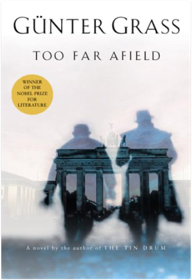 Grimm's Wörter 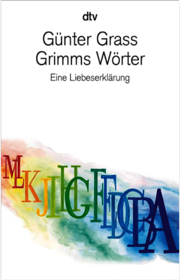 Of All That Ends 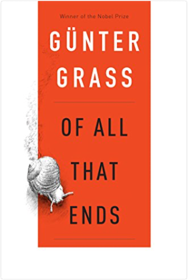 In spite of the trials of old age, and with the end in sight, suddenly everything seems possible again: love letters, soliloquies, scenes of jealousy, swan songs, social satire, and moments of happiness crowd onto the page. Only an aging artist who has once more cheated death can set to work with such wisdom, defiance, and wit. A wealth of touching stories is condensed into artful miniatures. In a striking interplay of poetry, lyric prose, and drawings, the Nobel Prize-winning author creates his final major work of art. A moving farewell gift, a sensual, melancholy summation of a life fully lived. The Günter Grass Reader 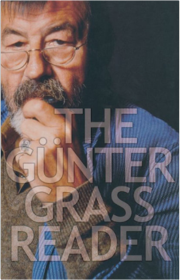 |

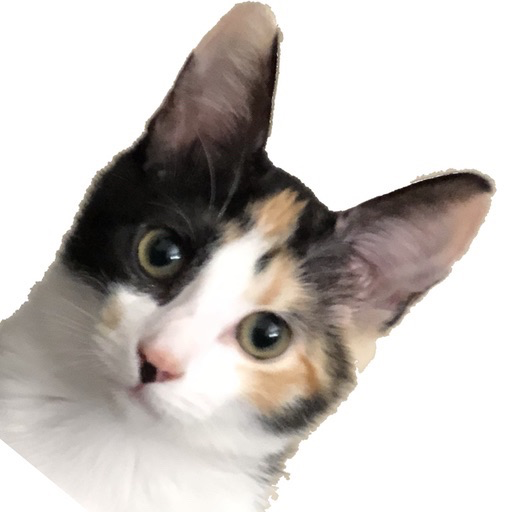
Delicious Library
Collection Total:
3,640 Items
3,640 Items
Last Updated:
Nov 2, 2025
Nov 2, 2025
 Made with Delicious Library
Made with Delicious Library